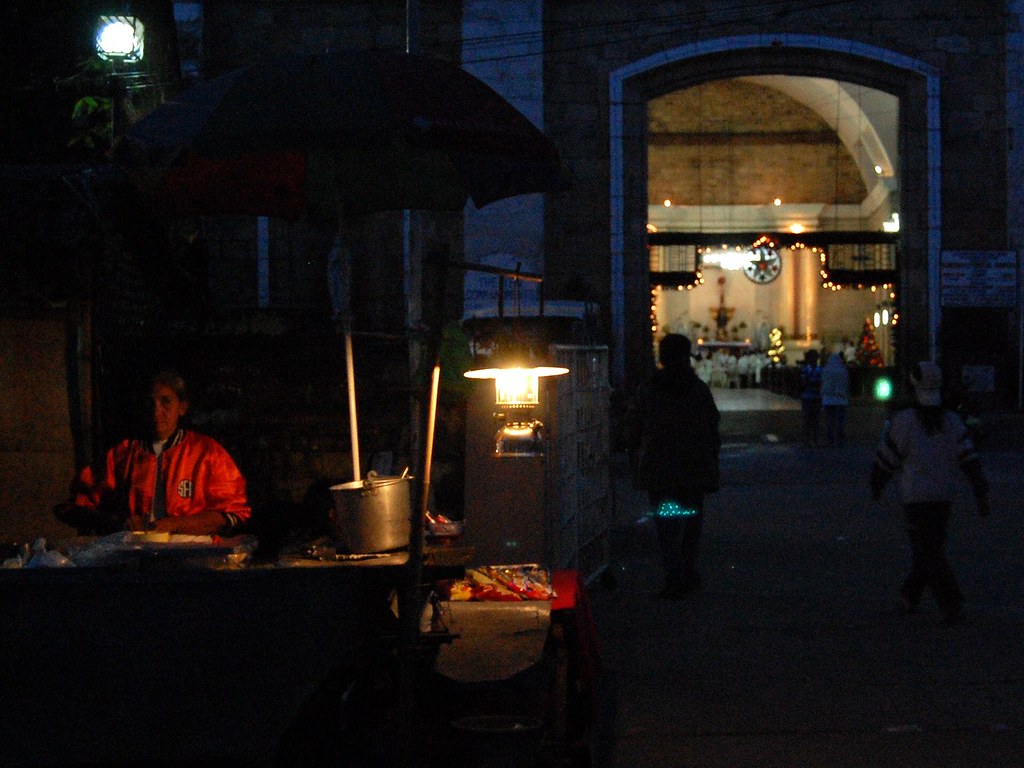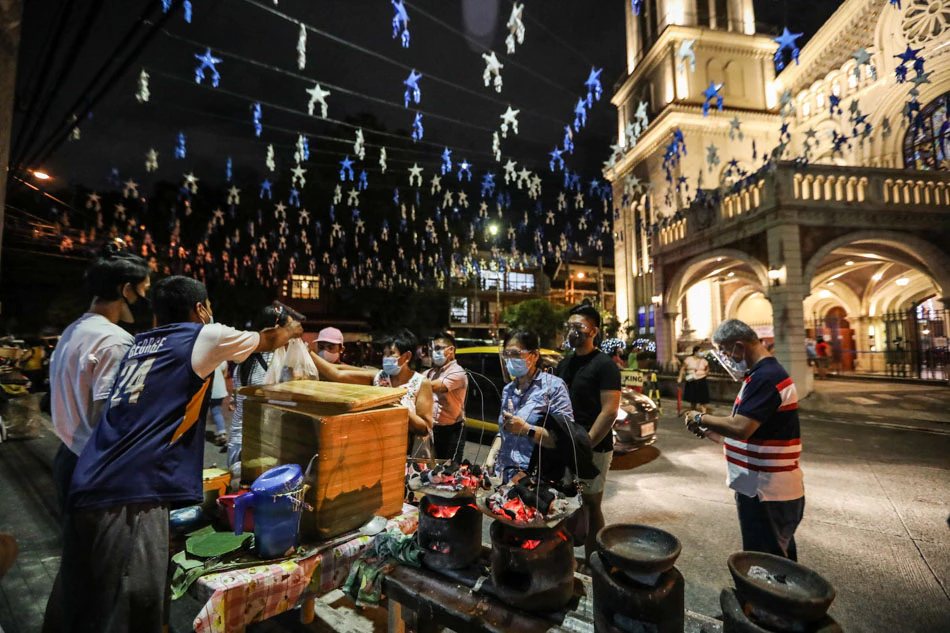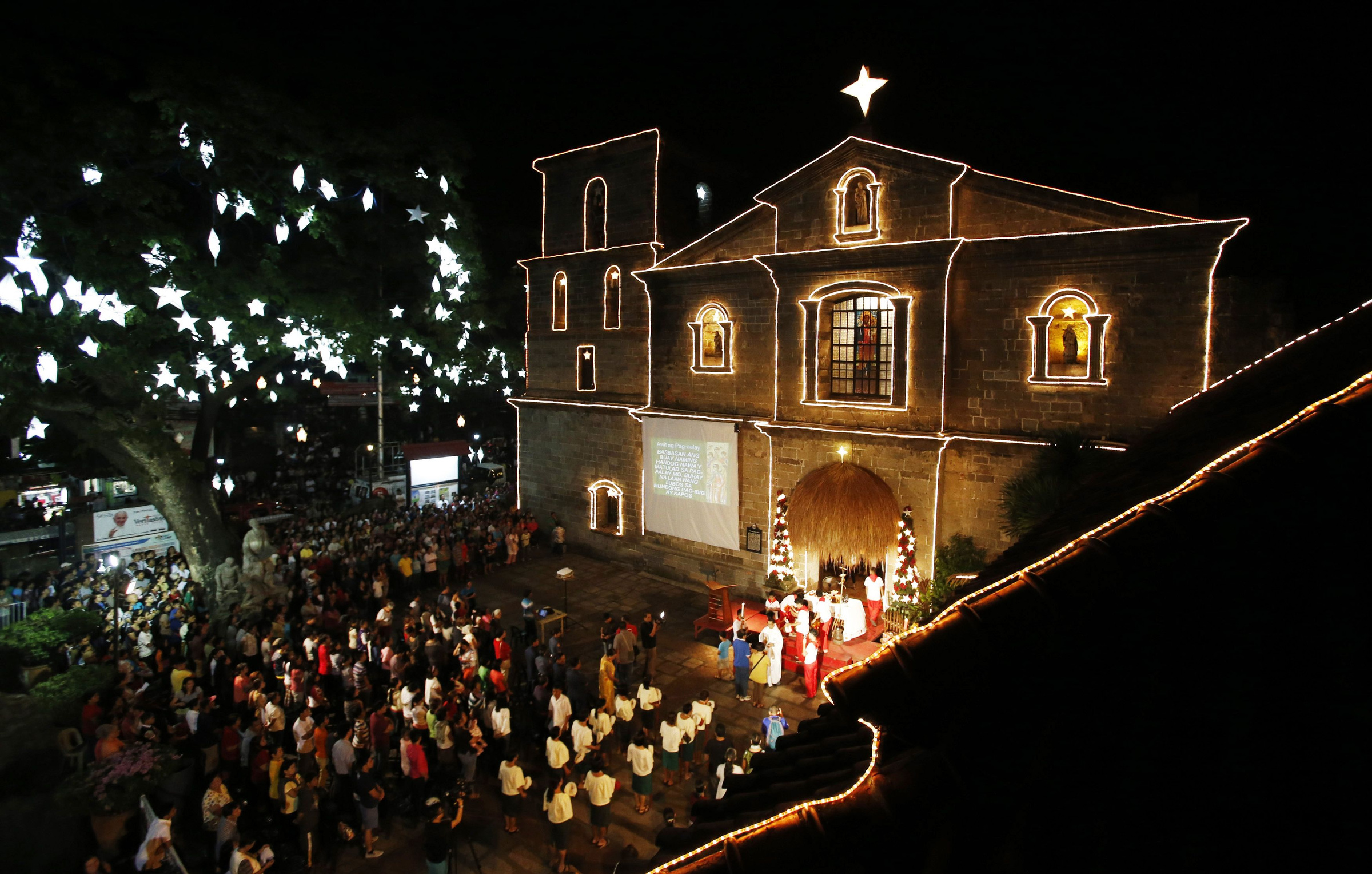More parishioners are anticipated to attend the nine-day “Simbang Gabi” votive masses, which start on Friday, December 16, as a result of the easing of Covid-19 limitations and the increase in the number of persons who have received the coronavirus vaccine.
The first of the nine-day “Simbang Gabi” dawn masses, which will be held at dawn in all Catholic churches across the country and in many other countries, will be held on Friday. Devout Catholics are expected to physically attend on Friday rather than joining online, as they did in the years prior to the pandemic.

This year, church authorities are urging the faithful to attend the “Simbang Gabi” services in their places of worship while still observing the necessary health and safety precautions.
Church bells will ring at the crack of dawn for the duration of the “Simbang Gabi,” which are celebrated at 4 a.m., in what is one of the country’s oldest but most widely observed Christmas customs. and 5 a.m. includes the last mass, the Misa de Gallo (rooster’s mass), customarily held just before midnight on December 24, Christmas Eve.
Expected “Simbang Gabi” masses will be held beginning on Thursday, December 15, at 7 p.m., in order to meet the requirements of the faithful who have varying work schedules in recent years. or 8 p.m. in several chapels and parishes.
Churchgoers give the gift of sacrifice by rising before dawn for nine days in a row to attend dawn masses for various purposes, including thankfulness, worship, or petitions. This practice is also known as Misa de Aguinaldo (gift mass).
Others go in order to receive special blessings after finishing the nine-day mass period, according to traditional Filipino belief.

When Spanish “conquistador” Miguel Lopez de Legazpi observed the first Feast of the Nativity in 1565, the Simbang Gabi became a long-standing custom with significant religious roots in the nation.
When Fray Diego de Soria, prior of the Convent of San Agustin Acolman, requested permission from the Holy Father in 1587 to perform Christmas masses for the farmers who had to get up very early to labor, the tradition was born in Mexico.
The dawn masses were instituted in the Philippines on December 16th of the 16th century by Pope Sixtus V.
It provided the farmers with a chance to attend mass prior to laboring in the fields at that time.







